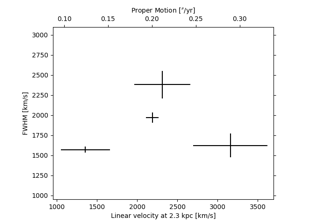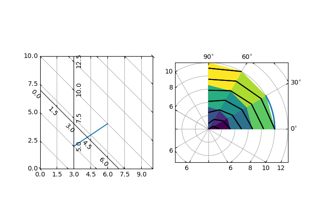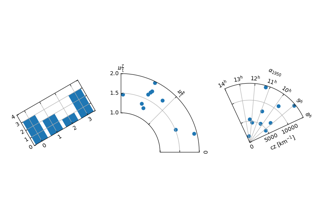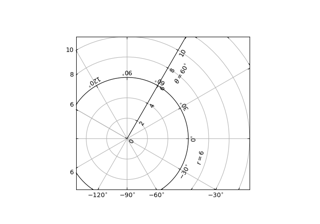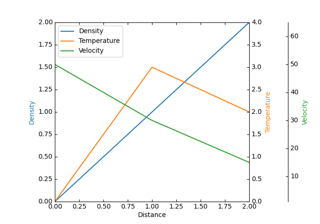mpl_toolkits.axes_grid1.parasite_axes.HostAxesBase#
- class mpl_toolkits.axes_grid1.parasite_axes.HostAxesBase(*args, **kwargs)[source]#
Bases:
object- get_aux_axes(tr=None, viewlim_mode='equal', axes_class=<class 'mpl_toolkits.axes_grid1.mpl_axes.Axes'>)[source]#
Add a parasite axes to this host.
Despite this method's name, this should actually be thought of as an
add_parasite_axesmethod.tr may be
Transform, in which case the following relation will hold:parasite.transData = tr + host.transData. Alternatively, it may be None (the default), no special relationship will hold between the parasite's and the host'stransData.
- twin(aux_trans=None, axes_class=None)[source]#
Create a twin of Axes with no shared axis.
While self will have ticks on the left and bottom axis, the returned axes will have ticks on the top and right axis.
Examples using mpl_toolkits.axes_grid1.parasite_axes.HostAxesBase#
Parasite Simple2
Curvilinear grid demo
mpl_toolkits.axisartist.floating_axes features
:mod:`mpl_toolkits.axisartist.floating_axes` features
floating_axis demo
Parasite Axes demo
